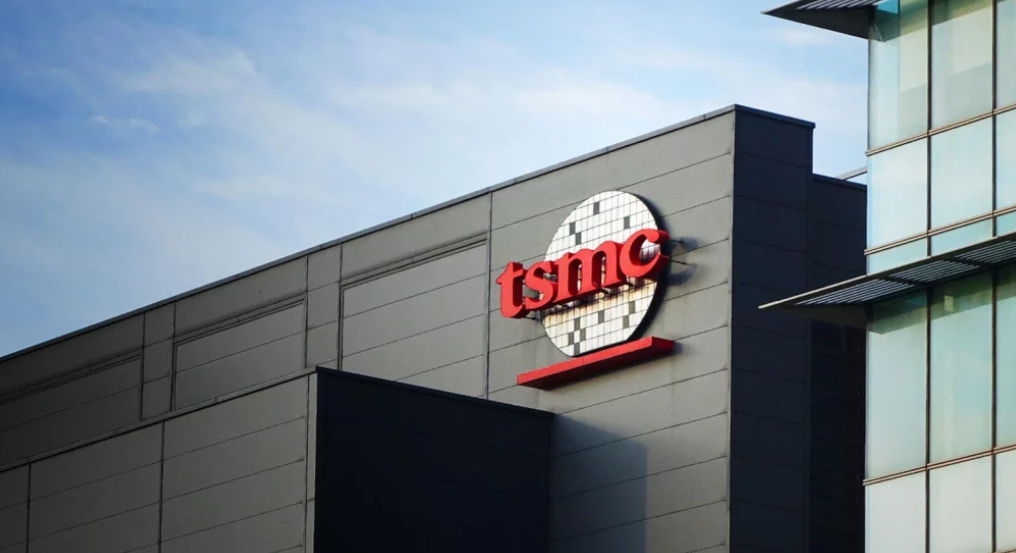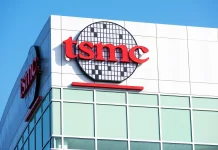Taiwan Semiconductor Manufacturing Company (TSMC) is making remarkable strides in its $8 billion chip plant project in Kumamoto, Japan. Contrary to challenges faced in the U.S., the Kumamoto project is surpassing expectations, with tool installations scheduled to commence this October and full-scale production slated for 2024. TSMC’s success in Japan can be attributed to the proactive support from the Japanese government and streamlined regulations, enabling swift progress.
TSMC has mobilized hundreds of support staff and extensively trained local employees, emphasizing the importance of cultural synergy between Japanese and Taiwanese workers. Collaborations with seasoned Japanese firms like Sony have significantly enhanced project efficiency. Furthermore, Japan’s robust chip industry infrastructure and existing supply chains have provided a solid foundation for the venture.
This development in Japan is a part of TSMC’s broader strategy to diversify its production footprint globally, acknowledging the significance of meeting diverse customer demands. The company emphasizes the incomparability of projects in different countries due to varying scopes, locations, and setups.

Japan has also approved a $338 million semiconductor research initiative in collaboration with TSMC, involving around 20 Japanese companies. This joint effort aims to enhance Japan’s competitiveness in the semiconductor sector, a critical move amidst the ongoing global semiconductor shortage crisis. The research will focus primarily on advancing 3D chip assembly technology, allowing for the creation of more compact yet densely packed components.
Construction for the research facilities, set to commence this summer at the National Institute of Advanced Industrial Science and Technology in Tsukuba, near Tokyo, marks a pivotal step. The project, slated to begin in 2022, has garnered substantial financial backing from the Japanese government, with support from companies like Asahi Kasei, Mitsui Chemicals, and Sumitomo Chemical.
TSMC acknowledges the learning curve associated with overseas expansions and emphasizes the importance of strategic partnerships and adapting to diverse working environments. As TSMC continues to make significant strides in Japan, the global tech industry anticipates the positive impact this collaboration will have on addressing the ongoing semiconductor shortage and advancing cutting-edge chip technology.
Related:
- Kuo: iPhone 15 Pro’s Heating Woes aren’t related to TSMC’s 3nm Chip!
- TSMC’s 2nm Chip Production might be Delayed until 2026
- A Japanese Startup Brings Transformers to Life with ARCHAX: The Real-Life Optimus Prime for Just $3 Million
(via)







